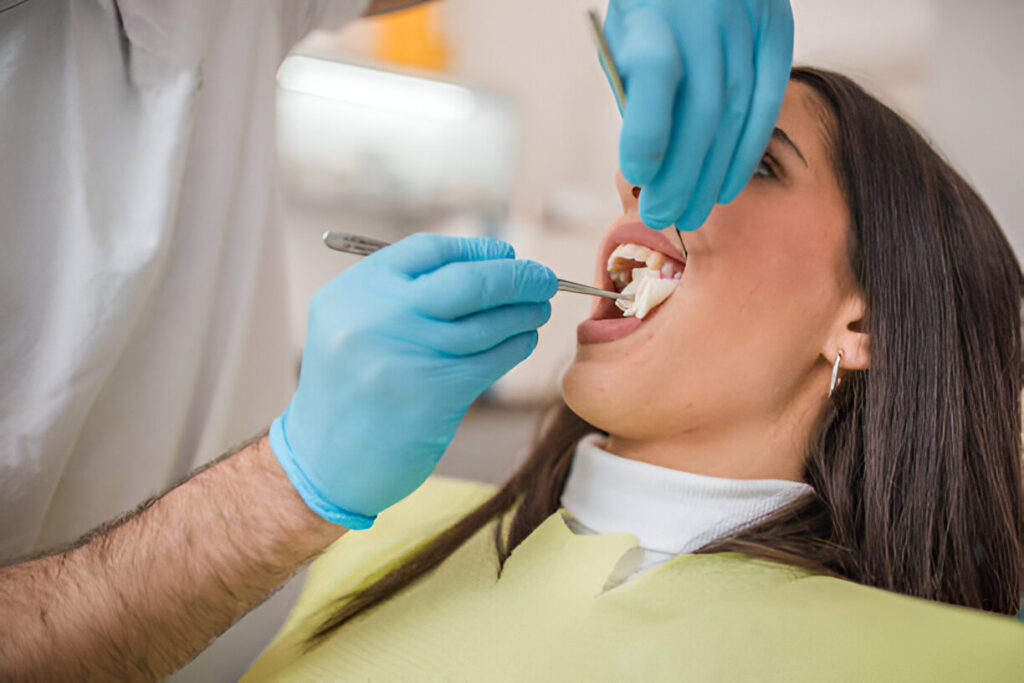Tooth extraction is a common dental procedure required for various reasons such as decay, damage, or gum disease. If you’re considering a tooth extraction on the NHS, it’s important to understand the process, the procedure, and what to expect. This article will provide clarity on what you can expect during the procedure, what is covered under NHS dental care, and how the costs are structured.
What Is a Tooth Extraction?
A Tooth extraction involves the removal of a tooth from its socket in the bone. This procedure is commonly needed when a tooth has become too damaged or decayed to be restored with a filling or other treatment. Extractions can also be performed if a tooth is impacted (not able to emerge fully) or if it’s causing overcrowding in your mouth.
There are two types of extractions:
- Simple Extraction: The tooth is fully visible, and the dentist can remove it with basic tools.
- Surgical Extraction: This type of extraction may be necessary if the tooth is broken or beneath the gum line. It may involve making an incision in the gum to access the tooth.
How Much Does a Tooth Extraction Cost on the NHS?
Tooth extractions are part of NHS dental care and are included under Band 2 of NHS dental charges. The charge for this band covers the cost of the extraction itself, the initial consultation, and any necessary follow-up care.
It’s important to note that NHS charges are set across the UK and are the same across all NHS dentists, so you can expect to pay the same amount no matter where you receive treatment. The charge covers the extraction, and in cases where additional treatment is required, it may be included in the same band, ensuring you get the necessary care at an affordable cost.
Why are dentists stopping NHS treatment?
What Is Covered by the Band 2 Charge?
Band 2 covers a wide range of treatments, not just tooth extractions. It includes:
- The consultation and diagnosis.
- Extraction of one or more teeth.
- Other treatments, such as fillings or root canal procedures, if required within the same course of treatment.
If your dentist identifies further treatment is necessary during the extraction procedure, it will typically fall under the same Band 2 charge.
Are Private Fillings Better Than NHS?
Are There Any Additional Costs?
Generally, Band 2 treatment covers everything involved in a standard tooth extraction. However, if complications arise or if a more complex surgical extraction is needed, additional costs may be incurred. For instance, surgical extractions may require more time and effort, which could lead to extra charges. If your dentist determines that such additional care is necessary, they will inform you in advance and explain any additional costs involved.
In cases where a tooth extraction is part of a larger treatment plan (e.g., root canals or dentures), the costs are typically calculated according to the band your treatment falls into, and you should only pay for one band during the course of treatment.
Can an NHS Dentist Refuse a Root Canal?
Who Is Eligible for Free NHS Dental Care?
Certain groups are eligible for free NHS dental care. These include:
- Children under 18, or those under 19 and in full-time education.
- Pregnant women or those who have had a baby within the last 12 months.
- People who are receiving specific income-related benefits like Income Support, Jobseeker’s Allowance, or Pension Credit Guarantee.
If you are exempt from NHS dental charges, you will not have to pay for your tooth extraction. It’s important to check your eligibility with your dentist before the procedure.
Can an NHS Dentist Remove You Without Warning?
How to Find an NHS Dentist for a Tooth Extraction
Finding an NHS dentist for your tooth extraction is easy. You can search for NHS dentists in your area on the NHS website. Once you find a local NHS dentist, you can schedule an appointment to discuss your treatment options.
During your appointment, your dentist will assess your dental health and determine whether a tooth extraction is necessary. If they recommend it, they will walk you through the procedure and let you know what to expect.
What to Expect During the Procedure
A typical tooth extraction is a straightforward process. Here’s what you can expect:
- Initial Assessment: Your dentist will take an X-ray of the affected tooth to understand the extent of the problem.
- Anaesthesia: Before the extraction, the dentist will numb the area around the tooth with a local anaesthetic to ensure you don’t feel pain during the procedure.
- Extraction: For a simple extraction, your dentist will use special tools to loosen the tooth and remove it. If it’s a surgical extraction, an incision might be made in your gum to access the tooth.
- Aftercare: Once the tooth is removed, the dentist may place a gauze pad in the area to stop any bleeding. They will give you instructions on how to care for the extraction site to avoid infection and ensure quick healing.
Post-Extraction Care
After your tooth extraction, it’s important to follow the aftercare instructions provided by your dentist to ensure proper healing. Here are some general guidelines:
- Pain Management: Take over-the-counter pain relief medication as recommended by your dentist.
- Avoid Hard Foods: Stick to soft foods for the first few days to avoid irritation.
- Keep the Area Clean: Gently rinse your mouth with warm salt water to keep the extraction site clean.
- Follow-Up Appointments: If necessary, return to your dentist for a follow-up visit to ensure the healing process is progressing well.
Conclusion
Tooth extractions on the NHS offer an affordable and reliable solution for patients who need a tooth removed due to damage, decay, or other issues. With the cost being part of the Band 2 charge, the procedure is accessible and covers the full treatment required. If you’re unsure about the cost or your eligibility, it’s best to check with your NHS dentist ahead of time. By following the aftercare instructions, you can ensure a smooth recovery and maintain your oral health.
Book Your Tooth Extraction Today at Kendal Dental Aesthetics and Implant Clinic
If you’re in need of a tooth extraction, Kendal Dental Aesthetics and Implant Clinic is here to help. Our experienced team offers affordable, high-quality NHS dental care to ensure you receive the best treatment possible. We understand the importance of maintaining your dental health and are committed to providing compassionate care throughout the process.
Don’t wait to get the care you need. Contact us today to schedule your consultation and discuss your treatment options. Let us help you achieve a healthier smile!
Frequently Asked Questions About Tooth Extractions on the NHS
What should I expect during a tooth extraction?
During a tooth extraction, your dentist will numb the area with a local anaesthetic to ensure you don’t feel pain. Afterward, the dentist will remove the tooth and provide aftercare instructions to help with recovery.
How long does recovery take after a tooth extraction?
Recovery usually takes about 7 to 10 days. Swelling and mild pain are common but should improve. Following your dentist’s aftercare advice will speed up recovery and prevent complications.
Can I get a tooth extraction on the NHS if I’m pregnant?
Yes, pregnant women are eligible for free NHS dental care, including tooth extractions. It’s essential to inform your dentist about your pregnancy to ensure safe treatment options.
What happens if my tooth extraction is complicated?
If the extraction is complex, such as a surgical removal, additional steps may be required. Your dentist will inform you of any additional costs or procedures beforehand and ensure you understand what’s involved.
Are there any risks involved with tooth extractions?
Tooth extractions are generally safe, but risks include infection, bleeding, or damage to surrounding teeth. Your dentist will guide you through the process and provide advice to minimise these risks.


